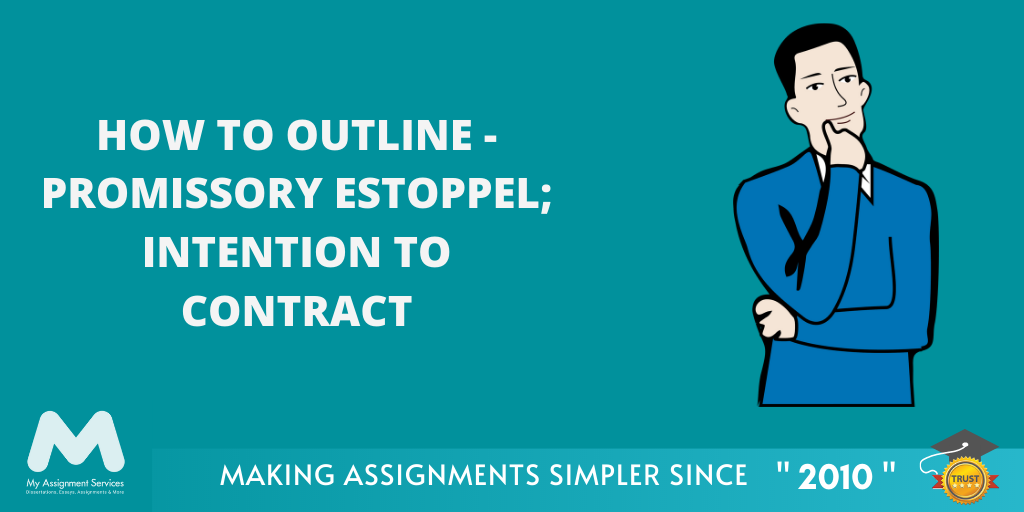
A promissory Estoppel is a judicial instrument used in the commonwealth legal system where the courts may possess the powers to prevent or deter a person from going back on his or her word. The basic objective of the doctrine of promissory estoppel is that it protects the interests and rights of a party that is relying on the promise of another party. In contracts and business dealings, promises have great value. Promissory estoppel is a judicial device used to secure the performance of a promise. The doctrine makes sure that the promising party is not allowed to go back on its promise. There are penal provisions available for the non-performance of duties and obligations arising out of a promise. Therefore, Promissory estoppel is an important aspect of the commonwealth contract law.
Promissory Estoppel finds applications in both equity, natural law as well as contract law.
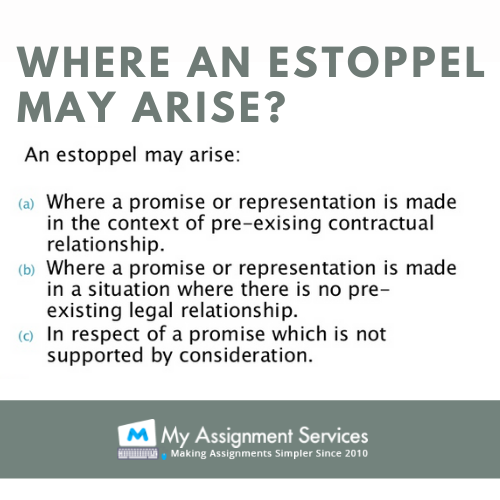
Types of Estoppel
There are various kinds of promissory estoppels in the common law. Here is an instance to demonstrate the meaning and scope of promissory estoppel.
In the case of a tenant-landlord relationship, promissory estoppel is often invoked. Imagine a situation in which a landlord had promised the tenant that he would not terminate the lease of the property rented out to the tenant. Due to this promise, the tenant performed expensive improvements on the property. Thus as per the doctrine of Promissory Estoppel, the landlord will not be allowed to go back on his promise. This is valid even if the promise made by the landlord is not legally provided for in the form of a written contract.
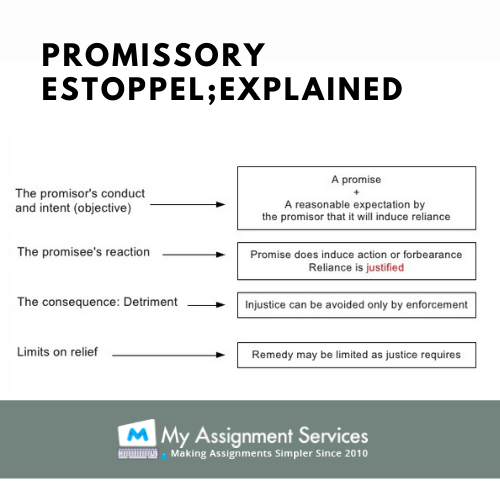
The Difference Between Promissory Estoppel and Doctrine of Waiver
Whereas the postulates of the two may seem similar, there is a lot of difference between promissory estoppel and the doctrine of waiver. The doctrine of estoppel stops a party from exercising its right. The doctrine of waiver relinquishes the right of a party even before the right has arisen. Therefore, the two doctrines are overlapping but different. The essential requirement is that in all promissory estoppel cases that are based on the doctrine of reliance, it is important to demonstrate both inducement and detrimental reliance.
Here are the essential elements for a case to qualify for the implementation of the doctrine of Promissory Estoppel:
- The victim must provide sufficient and robust evidence that the representer intended to back out on his or her promise.
- The victim must also sufficiently demonstrate that he or she had acted upon the promise of the represented or the promisor.
- It is important to demonstrate that the victim had sufficient reason to believe that the representer would not back out on the promise.
- Another important ingredient of promissory estoppel is that the victim must show that he had acted reasonably.
- The victim must have acted as per the promise or the representation of the promisor.
- the victim must also sufficiently prove that he or she would incur serious financial or monetary if the representer was allowed to go back on the promise.
- The victim must also establish that the overall conduct of the representer has been detrimental to the interest of the victim.
Summary:
To summarize the points mentioned above in simple language, the victim needs to establish the following:
- The fact that there was a promise between the victim and the represented, regardless of whether the promise was written or documented. A contract may not be written. A simple verbal agreement between two parties may also constitute a promise for the promissory estoppel doctrine to apply.
- The victim had reasonably relied upon the promise or representation of the promisor.
- Backing out on the promise by the representer will cause considerable legal detriment to the promise which may include but not be limited to financial losses.
- The victim also must prove that for the ends of justice to be served, the promise made by the representer must be enforced.
Bottom Line:
For the reasons mentioned above, the doctrine of promissory estoppel is also often called the rule of evidence. It is called so because in the doctrine of promissory estoppel a party or individual is barred from leading the evidence of a fact which had already been concluded. Certain estoppels relate to deterring a party from leading the evidence related to a pre-established fact.
Type of Estoppels under Intent to Contract
Under the gambit of intent to contract, there are several different kinds of Estoppels:
The doctrine of reliance: The estoppels based on the doctrine of reliance are the most common types of estoppels under commonwealth law. They are typically characterized by one party relying on a fact or statement asserted by another party.
Estoppel by the record: This type of estoppel bars the parties from relitigating the same issues that have arisen in a previous cause of action.
Estoppel by deed: Situations where rules of evidence prevent a litigant from denying the truth of what was said or done.
If you find yourself struggling with your law assignment on Promissory estoppel; Intention to contract, you can benefit tremendously from the law assignment help Canada offered by the seasoned academic experts at My Assignment Services. When you avail the comprehensive law assignment help from expert writers at My Assignment Services, here’s how you can benefit:
You get timely completion of your assignment: the tenured experts at My Assignment Services provide you with timely law assignment help and assistance with your assignment on Promissory estoppel; Intention to contract. When you trust My Assignment Services, you get the promise of punctual service. You can be sure that you will never miss a single deadline.
Complete confidentiality: You can rest assured that My Assignment Services will never reveal your identity or personal details to any other party.
Easy refunds: When you entrust your assignment to the experts at My Assignment Services, you are assured that you can avail of easy refunds in case you fail to secure a qualifying grade.
Free Plagiarism reports: My Assignment Services provides you with complete law assignment help from start to finish. You also get a free Plagiarism plag-check report to corroborate the promise of zero plagiarism.
Related Study Materials
Our Experts can answer your Assignment questions instantly.
Ask Question0 Comment
Get It Done! Today
1,212,718Orders
4.9/5Rating
5,063Experts





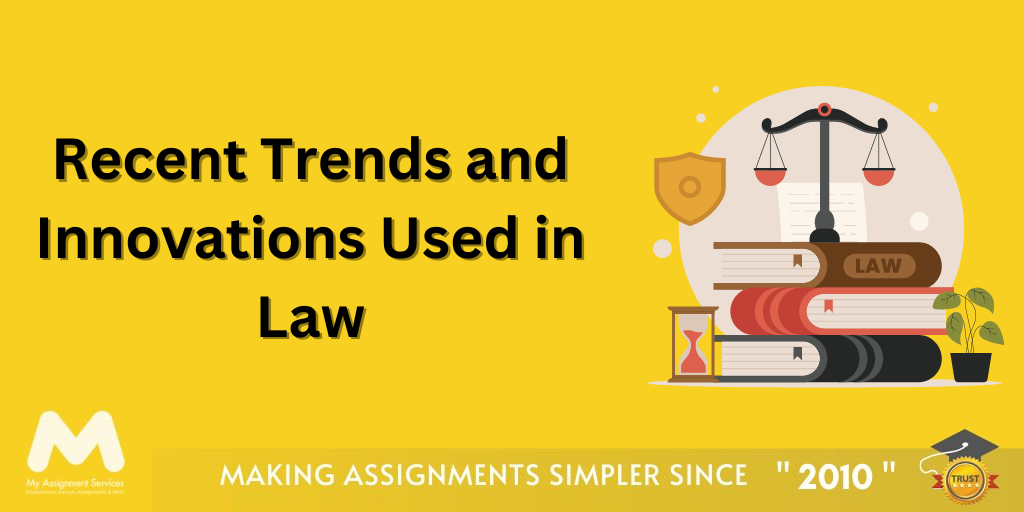
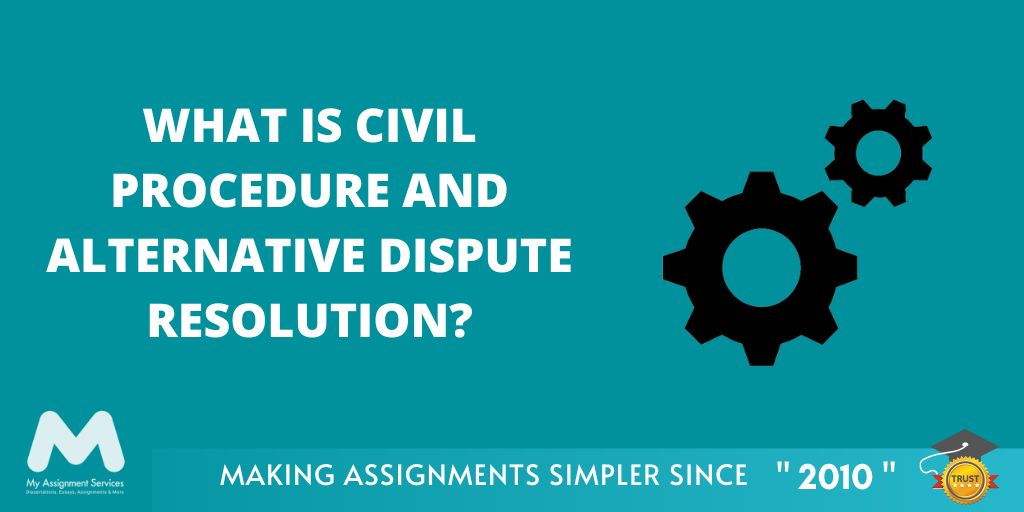
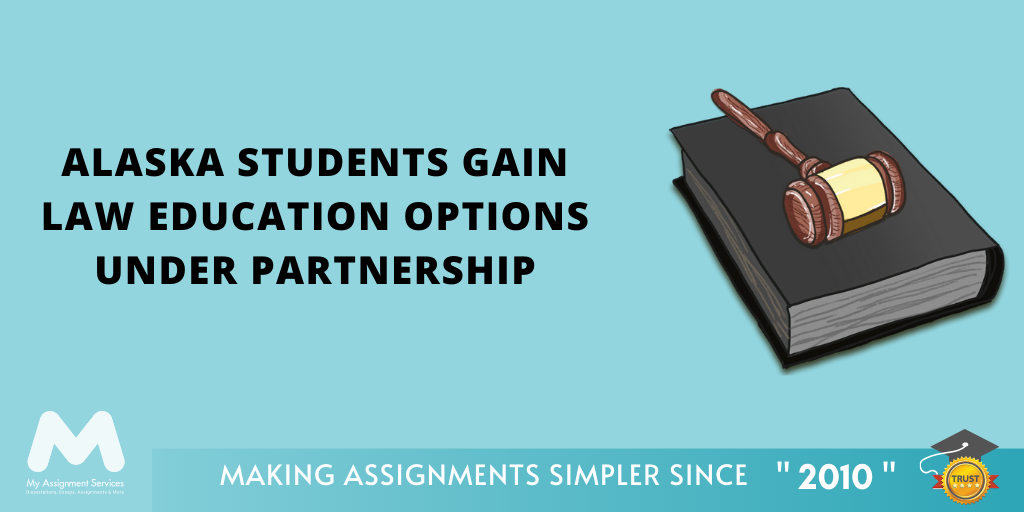





Loved reading this Blog? Share your valuable thoughts in the comment section.
Add comment